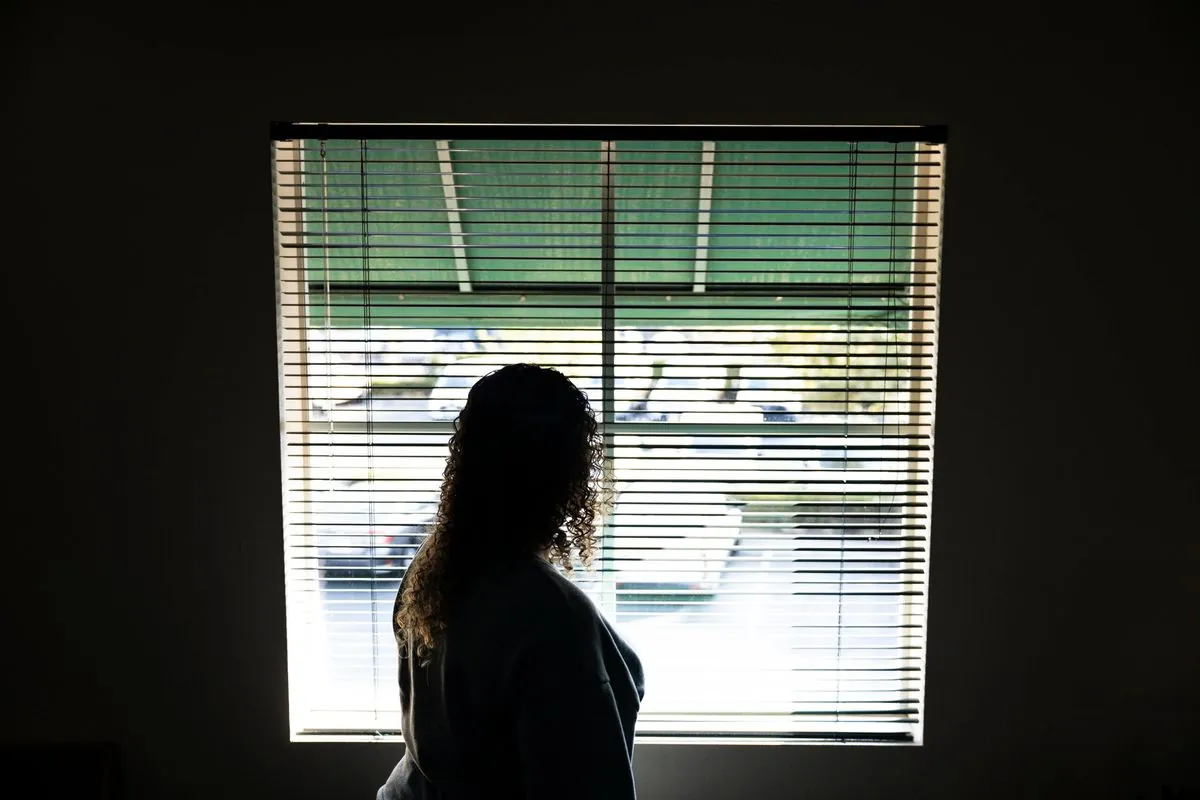Early Release of Offenders Sparks Fear Among Domestic Abuse Survivors
Recent prisoner release raises concerns for domestic abuse victims. A survivor shares her 23-year ordeal, highlighting systemic flaws in addressing abuse and the potential consequences of early releases.

The recent release of 1,700 offenders from prison due to overcrowding has ignited serious concerns among domestic abuse survivors and women's organizations. Despite assurances that perpetrators of domestic abuse were exempt from the early release scheme, charities warn that many may still be slipping through the cracks.
For survivors of domestic abuse, the prospect of their abusers being freed prematurely is deeply distressing. The fear of encountering their abuser unexpectedly can trigger intense anxiety and hypervigilance. This situation not only affects individual survivors but also undermines the progress made in raising awareness about domestic abuse and improving the justice system's response to these cases.
Sarah, a survivor of a 23-year abusive relationship, shares her harrowing experience:
"I was in my early 20s with no real experience of relationships when I met him. He was a decade older, and I believe he chose me in part because he knew the lack of a father figure in my life made me vulnerable to the idea of a male protector."
The abuse began subtly with controlling behavior, escalating to physical violence after the birth of their first child. Sarah endured various forms of abuse, including economic control, physical assaults, and sexual violence. The situation worsened over time, affecting not only her but also their children.

It's crucial to note that domestic abuse affects approximately 1 in 3 women globally during their lifetime. On average, it takes a victim seven attempts to leave an abusive relationship permanently. Children who witness domestic violence are at a higher risk of becoming victims or perpetrators as adults.
Sarah's escape came when her 13-year-old son called the police during a violent episode. However, her experience with law enforcement and the justice system was far from ideal. Despite providing evidence of long-term abuse, only one charge was pursued, resulting in a mere eight-week prison sentence for her abuser.
The criminal justice system's response to domestic abuse cases often falls short of survivors' expectations. Only about 34% of people injured by intimate partners receive medical care for their injuries, and domestic violence remains one of the most chronically underreported crimes.
The early release of offenders raises concerns about the potential for abusers to evade the exclusions made for domestic abuse perpetrators. This situation may leave many survivors feeling vulnerable and unprotected.
The impact of domestic abuse extends beyond individual survivors. Domestic violence victims lose nearly 8 million days of paid work per year, and the cost of intimate partner violence exceeds $8.3 billion annually worldwide.
As society grapples with the complexities of addressing domestic abuse, it's crucial to prioritize the safety and well-being of survivors. Improved training for law enforcement, stronger support systems, and a more comprehensive approach to justice are essential steps in combating this pervasive issue.


































